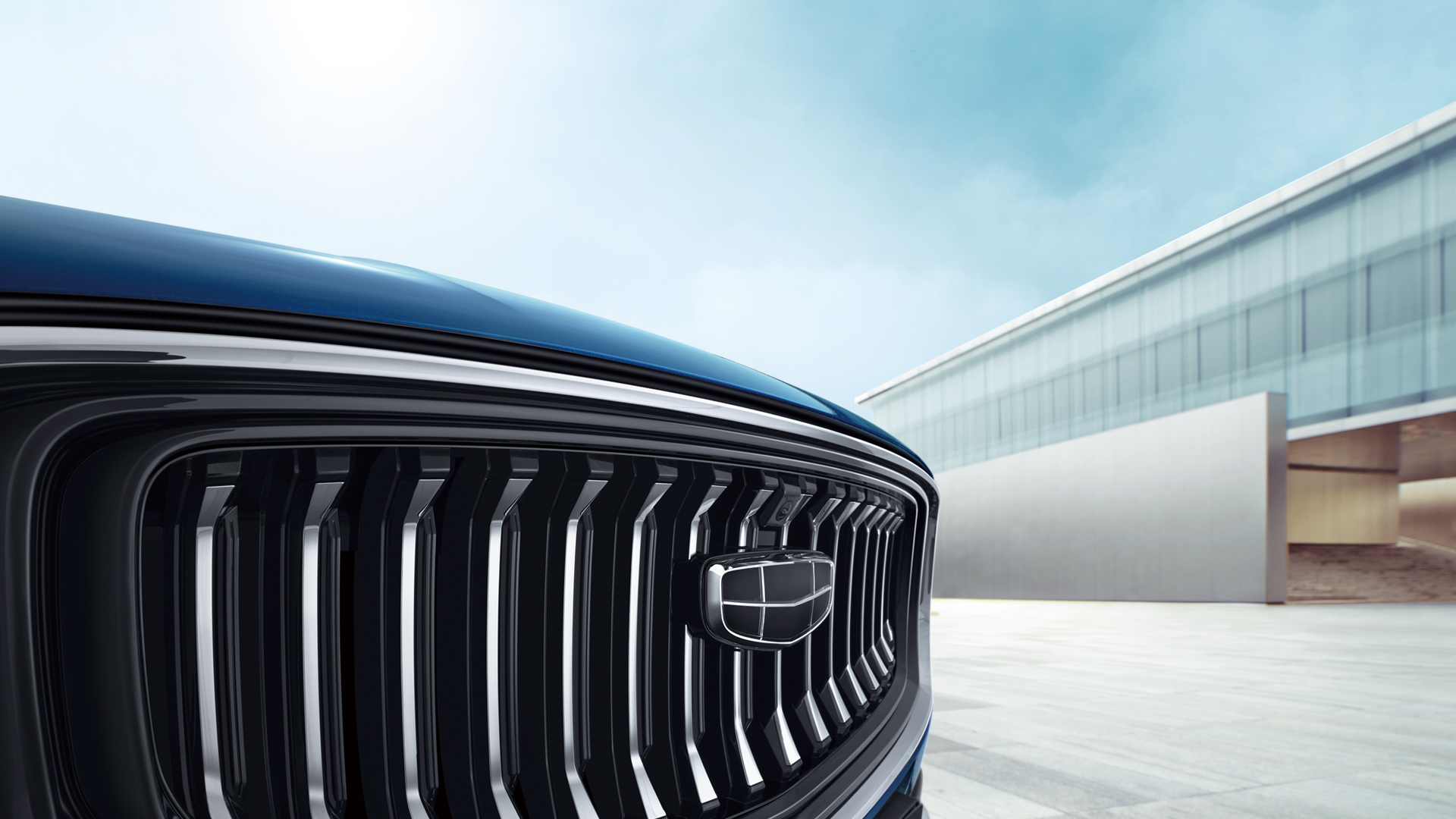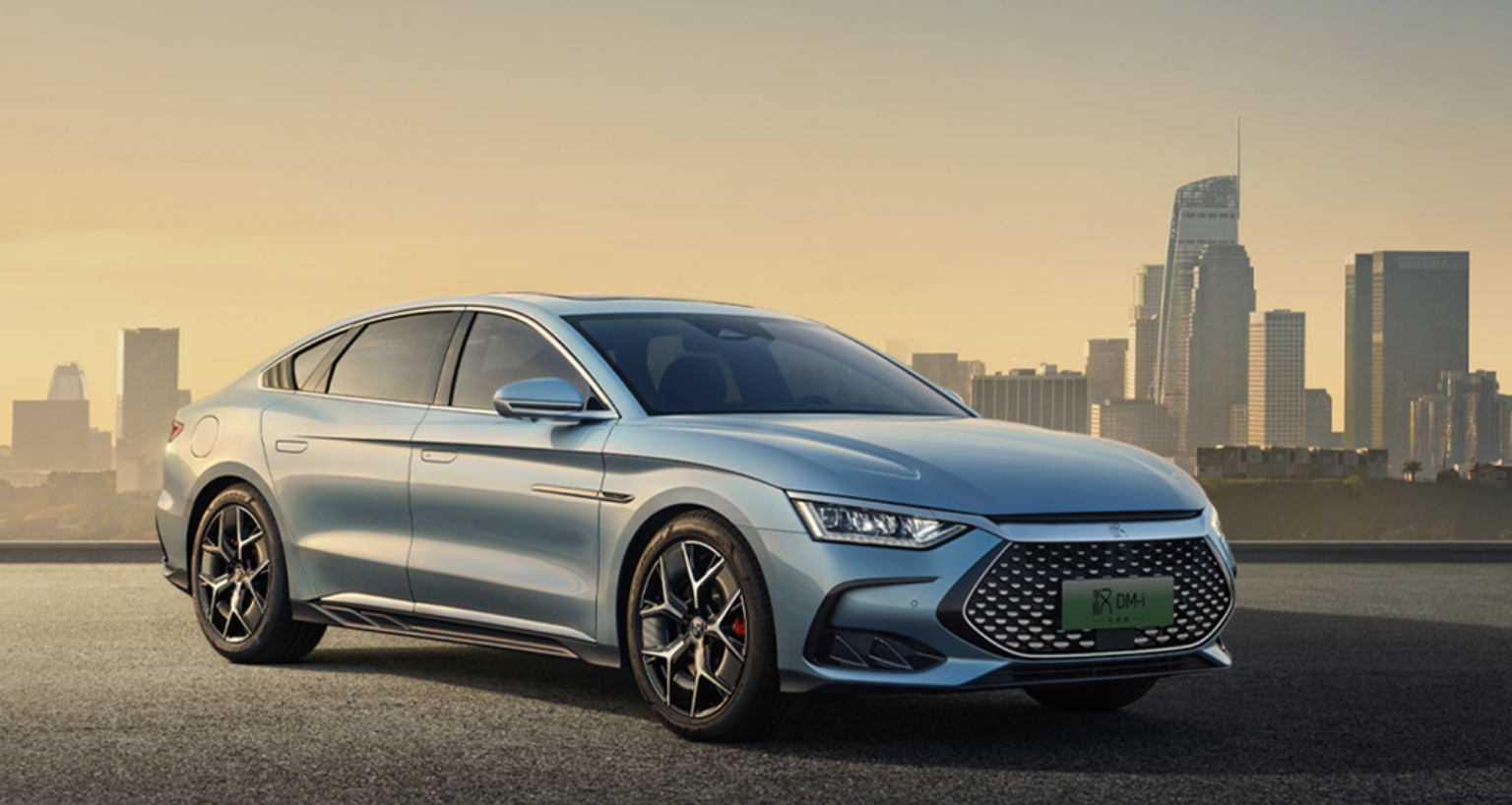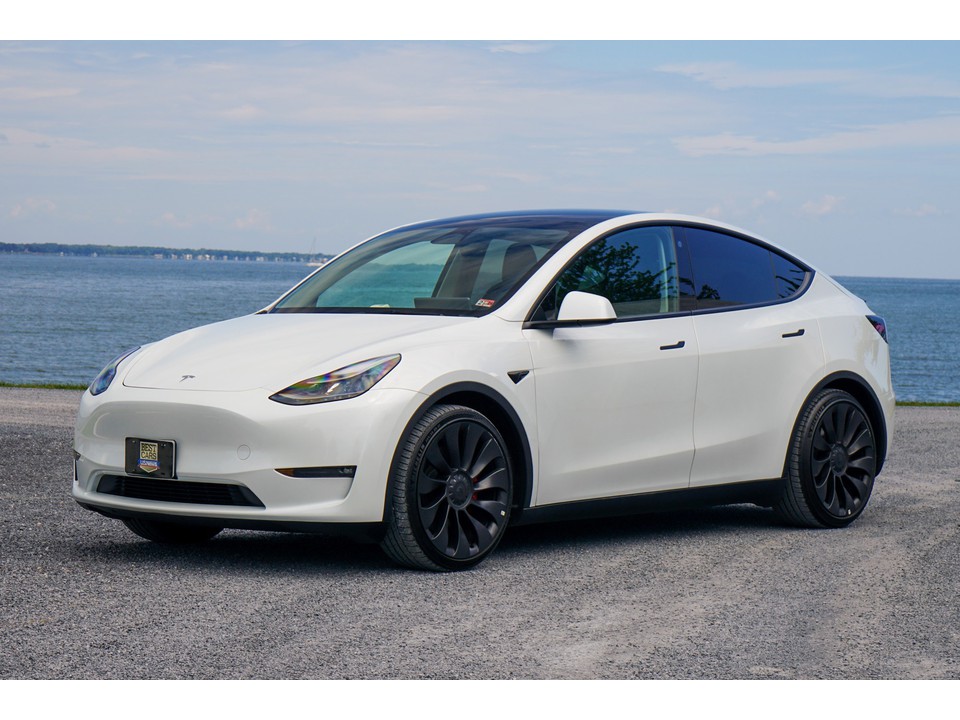Thailand has become a blessed land for electric vehicles in China?
The 39th Thailand International Auto Show was held as scheduled. If there were not so many Thai texts on the background board, I really thought it was an auto show held in China. There were not only BYD ATTO3, Haval H6 HEV, Euler Haomao, MG ZS EV and other familiar models, but also many Chinese faces who made speeches on stage.

Going to overseas markets is a matter of both opportunities and challenges. In the "bridgehead" Thailand, due to the relatively slow transformation of Japanese brands in the field of electric vehicles, Chinese car companies have achieved achievements that have never been achieved in the Thai market in the era of fuel vehicles.

SAIC is one of the first batch of domestic car companies to successfully enter the Thai market. In 2012, it established a joint venture with the well-known Thai company CP Group. Its MG brand officially entered the Thai market in 2014, selling various fuel and new energy models such as MG ZS, MG GS, and MG 3 locally. According to the data, MG will sell 31,005 vehicles in Thailand in 2021, ranking among the top ten auto brands in Thailand.

Since Great Wall Motors entered the Thai market last year to September this year, its products have been very popular. Many Great Wall Motors stores in Bangkok have sold out of Euler cats. From January to September this year, Great Wall Motors sold more than 8,000 electric vehicles in Thailand, becoming the largest new energy vehicle brand in Thailand. At present, Great Wall Motors has launched three new energy vehicles, Haval H6 HEV, Haval JOLION HEV and Euler Haomao, for the Thai market.
The success of SAIC Motor and Great Wall Motors in the Thai market has attracted the attention of more Chinese car companies, including BYD, Nezha, Aiways and other car companies. Recently, BYD, which has been "super popular" in the domestic new energy vehicle market, launched the first electric vehicle in Thailand, BYDATTO3, priced at 1,199,900 baht, which attracted the attention of many Thai consumers.

A large part of the reason why Thai consumers have such great interest and enthusiasm for electric vehicles of Chinese brands is related to the preferential measures for the purchase of new energy vehicles launched by the government. It is reported that the Thai government has spent 2.923 billion baht to encourage consumers to buy electric vehicles. Models that meet the requirements can receive a subsidy of up to 150,000 baht. The commodity tax on imported electric vehicles has also been reduced from the original 8% to 2%. With the support of these favorable policies, coupled with the cost-effectiveness of Chinese electric vehicles, such high-quality and cheap models will naturally win the favor of Thai consumers.
Chinese car companies scramble to build factories
In addition to new car sales, building factories in Thailand has also become a common choice for many Chinese car companies. As mentioned earlier, SAIC has invested and built two factories in Thailand through cooperation with CP Group. Currently, MG has a network of 160 dealers in Thailand, covering 77 provinces throughout the country.

Like SAIC MG, Great Wall Motors' factory in Thailand has already been put into use. The Rayong plant of Great Wall Motors in Thailand is the second overseas full-process vehicle manufacturing plant of Great Wall Motors after the Tula plant in Russia. The initial annual production capacity of the plant will reach 80,000 vehicles, which can realize the co-production of hybrid electric (HEV), plug-in hybrid (PHEV) and pure electric (BEV) new energy vehicles and fuel vehicles.

Separately, BYD has also committed to making Thailand its first production center in Southeast Asia.

In terms of new energy replenishment, Chinese car companies have also spared no effort in the layout of charging facilities. For example, Great Wall cooperates with Thailand's National Electricity Authority, Provincial Electricity Authority, and Metropolitan Electricity Authority to build charging stations in different parts of Thailand. SAIC CP set up exclusive charging piles in more than 100 dealership stores in Thailand, and cooperated with state-owned and private enterprises in Thailand to develop the charging network in the country.
Under the incentives of multiple policies such as electric vehicle subsidies and new energy vehicle tax cuts, the development of Thailand's new energy vehicle market will be very rapid. Chinese car companies are expected to go out of Thailand and expand into the Southeast Asian market through the influence gained in the Thai market, consumer recognition and innovative sales experience.




